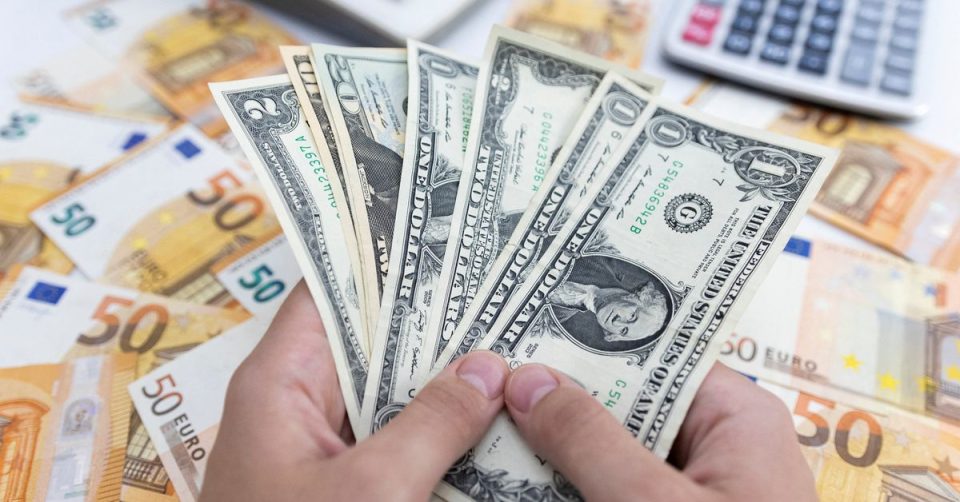Asian stocks underperformed on Friday while the dollar strengthened as a European recession loomed, underscoring the relative outperformance of the US economy.MSCI’s broadest index of Asia-Pacific shares outside Japan fell 0.3% after falling 1.1% last week, as concerns grew over the health of China’s economy.
Chinese blue chips were flat, while South Korea lost 0.5%. Japan’s Nikkei fared better, rising 0.3%, partly as the yen fell again.
S&P 500 futures fell 0.1%, little changed for the week, failing to break above the 200-day moving average multiple times, while Nasdaq futures dipped 0.2%. EURO STOXX 50 futures fell 0.1%, while FTSE futures edged up 0.2%.
The threat of rising borrowing costs hangs over the market as no fewer than four Fed officials say there is more work to be done on interest rates, the only difference being the pace and rate of interest.
Markets see a one-in-three chance of a rate hike of 0.5 basis points and 75 basis points in September. Rates are expected to peak at least 3.5%, although some Fed members advocate 4% or higher.
“There is no sign that the labour market or inflation data are slowing enough for the Fed to declare victory on inflation,” said Brian Martin, head of G3 economics at ANZ.
“We see upside risks to the Fed’s inflation forecasts, and we expect these and dot plots to be revised up in September,” he added. “We have raised our year-end federal fund’s rate forecast by 25 basis points to 4% and now expect three 50 basis point hikes for the remainder of 2022.”
Bond markets are clearly volatile, with the two-year yield 34 basis points below the 10-year yield and recession warnings.
A recession alarm was also sounded in Europe, with natural gas prices hitting record highs on Thursday, pushing the inflation pulse, which is sure to lead to more painful policy tightening and heightening recession risks. With EU core inflation three percentage points above the ECB’s 2% target, markets are betting on another 0.5% point rate hike in September.
The bleak economic outlook has sent the euro down nearly 1.7% so far this week to $1.007 and back to July lows of $0.9950. USD/JPY was also up 2% this week at 136.28, its highest level since late July. It was up 1.8% against a basket of currencies at 107.60 for the week.
Sterling was another victim, down 1.8% this week to $1.19. Investors fear that UK’s 10.1% inflation rate will cause the Bank of England (BoE) to continue raising interest rates, leading to a recession. The cost-of-living crisis caused UK consumer confidence to fall to its lowest point on record in August, data provider Gfk’s monthly survey showed.
Analysts at JPMorgan raised their rate forecasts by 75 basis points to 3 basis points, saying: “Strong wage and price data has raised the bar for no action, and we now think the BoE needs to see more clear signs of hawkishness.
“We expect the recession in the two quarters starting in the fourth quarter to result in a cumulative 0.8% decline in GDP.” A rising dollar has been a headwind for gold, which has fallen 2.4% so far this week to $1,758 an ounce.
Oil prices were slightly steady on Friday, but continued to fall this week, with Brent briefly hitting its lowest point since February on worries about demand. Brent gained 2 cents to $96.61, while US crude gained 5 cents to $90.55 a barrel.






